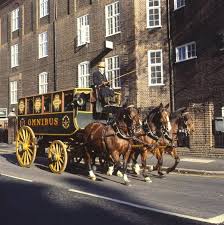Topic
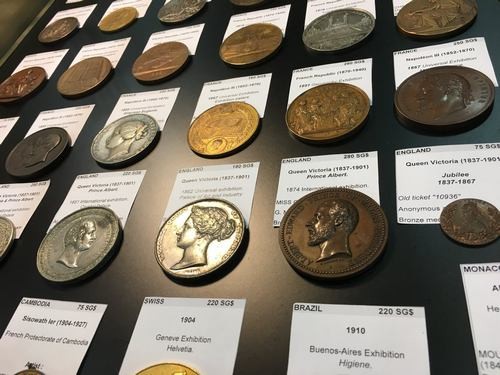
Numismatic Exhibitions
Many history and cultural museums have large numismatic collections (coins, money, and tokens). Some museums are specifically dedicated to the history of money or coins, while others have major collections amongst other material. Many small museums often have important collections of coins from their local area or important archaeological sites

Numismatics
Numismatics is the study or collection of currency, including coins, tokens, paper money, medals and related objects.
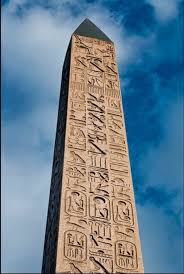
Obelisks
An obelisk is a tall, slender, tapered monument with four sides and a pyramidal or pyramidion top. Originally constructed by Ancient Egyptians and called tekhenu, the Greeks used the Greek term obeliskos to describe them, and this word passed into Latin and ultimately English. Though William Thomas used the term correctly in his Historie of Italie of 1549, by the late sixteenth century (after reduced contact with Italy following the excommunication of Queen Elizabeth), Shakespeare failed to distinguish between pyramids and obelisks in his plays and sonnets. Ancient obelisks are monolithic and consist of a single stone; most modern obelisks are made of several stones.

Observatories
An observatory is a location used for observing terrestrial, marine, or celestial events. Astronomy, climatology/meteorology, geophysics, oceanography and volcanology are examples of disciplines for which observatories have been constructed

Octopuses
An octopus The order consists of some 300 species and is grouped within the class Cephalopoda with squids, cuttlefish, and nautiloids. Like other cephalopods, an octopus is bilaterally symmetric with two eyes and a beaked mouth at the centre point of the eight limbs. The soft body can radically alter its shape, enabling octopuses to squeeze through small gaps. They trail their eight appendages behind them as they swim. The siphon is used both for respiration and for locomotion, by expelling a jet of water. Octopuses have a complex nervous system and excellent sight, and are among the most intelligent and behaviourally diverse of all invertebrates.

Offices
An office is a space where the employees of an organization perform administrative work in order to support and realize the various goals of the organization. The word "office" may also denote a position within an organization with specific duties attached to it (see officer or official); the latter is an earlier usage, as "office" originally referred to the location of one's duty. In its adjective form, the term "office" may refer to business-related tasks. In law, a company or organization has offices in any place where it has an official presence, even if that presence consists of a storage silo, for example, instead of a more traditional establishment with a desk and chair. An office is also an architectural and design phenomenon, including small offices, such as a bench in the corner of a small business or a room in someone's home (see small office/home office), entire floors of buildings, and massive buildings dedicated entirely to one company. In modern terms, an office is usually the location where white-collar workers carry out their functions.

Oil Rigs
An oil well is a drillhole boring in Earth that is designed to bring petroleum oil hydrocarbons to the surface. Usually some natural gas is released as associated petroleum gas along with the oil. A well that is designed to produce only gas may be termed a gas well. Wells are created by drilling down into an oil or gas reserve and if necessary equipped with extraction devices such as pumpjacks. Creating the wells can be an expensive process, costing at least hundreds of thousands of dollars, and costing much more when in difficult-to-access locations, e.g., offshore. The process of modern drilling for wells first started in the 19th century but was made more efficient with advances to oil drilling rigs and technology during the 20th century.
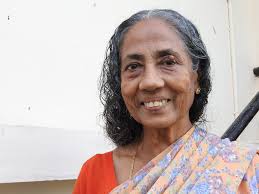
Old Age
O
ld age is the range of ages for people nearing and surpassing life expectancy. People of old age are also referred to as: old people, elderly, elders, senior citizens, seniors or older adults. Old age is not a definite biological stage: the chronological age denoted as "old age" varies culturally and historically. Some disciplines and domains focus on the aging and the aged, such as the organic processes of aging (senescence), medical studies of the aging process (gerontology), diseases that afflict older adults (geriatrics),technology to support the aging society (gerontechnology), and leisure and sport activities adapted to older people (such as senior sport).

Olives
The olive, botanical name Olea europaea, meaning 'European olive', is a species of small tree or shrub in the family Oleaceae, found traditionally in the Mediterranean Basin, with wild subspecies found further afield in Africa and western Asia. When in shrub form, it is known as Olea europaea 'Montra', dwarf olive, or little olive. The species is cultivated in all the countries of the Mediterranean, as well as in Australia, New Zealand, North and South America and South Africa. It is the type species for its genus, Olea. The tree and its fruit give their name to the Oleaceae plant family, which also includes species such as lilac, jasmine, forsythia, and the true ash tree.

Olympic Games
The modern Olympic Games or Olympics (French: Jeux olympiques) are leading international sporting events featuring summer and winter sports competitions in which thousands of athletes from around the world participate in a variety of competitions. The Olympic Games are considered the world's foremost sports competition with more than 200 nations participating. The Olympic Games are held every four years, with the Summer and Winter Games alternating by occurring every four years but two years apart.
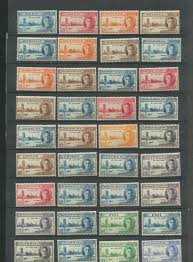
Omnibus Issues
In philately, an omnibus issue is an issue of stamps by several countries with a common subject and which may share a uniform design. Omnibus issues have often been made by countries under common political control or groups of colonies due to the close co-operation required to produce the issue. Omnibus issues are to be distinguished from joint issues which are usually much narrower in scope.

Oncologist
Oncology is a branch of medicine that deals with the study, treatment, diagnosis, and prevention of cancer. A medical professional who practices oncology is an oncologist. The name's etymological origin is the Greek word ὄγκος (ónkos), meaning "tumor", "volume" or "mass". Oncology is concerned with:

Oncology
Oncology is a branch of medicine that deals with the study, treatment, diagnosis, and prevention of cancer. A medical professional who practices oncology is an oncologist. The name's etymological origin is the Greek word ὄγκος (ónkos), meaning "tumor", "volume" or "mass". Oncology is concerned with:
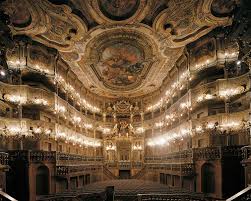
Opera Houses
An opera house is a theater building used for performances of opera. Like many theaters, it usually includes a stage, an orchestra pit, audience seating, backstage facilities for costumes and building sets, as well as offices for the institution's administration.
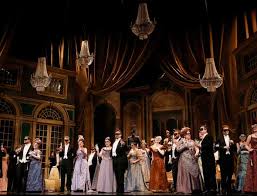
Operas
Opera is a form of theatre in which music is a fundamental component and dramatic roles are taken by singers. Such a "work" (the literal translation of the Italian word "opera") is typically a collaboration between a composer and a librettist and incorporates a number of the performing arts, such as acting, scenery, costume, and sometimes dance or ballet. The performance is typically given in an opera house, accompanied by an orchestra or smaller musical ensemble, which since the early 19th century has been led by a conductor. Although musical theatre is closely related to opera, the two are considered to be distinct from one another.
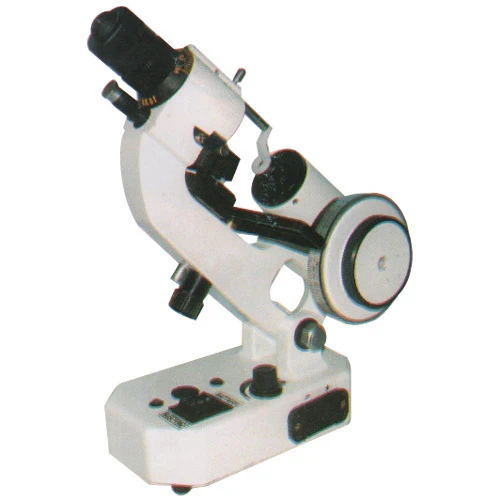
Optical Instruments
An optical instrument is a device that processes light waves (or photons), either to enhance an image for viewing or to analyze and determine their characteristic properties. Common examples include periscopes, microscopes, telescopes, and cameras.

Opticians
An optician is an individual who fits eyeglasses or contact lenses by filling a refractive prescription from an optometrist or ophthalmologist.They are able to translate and adapt ophthalmic prescriptions, dispense products, and work with accessories. There are several specialties within the field.


